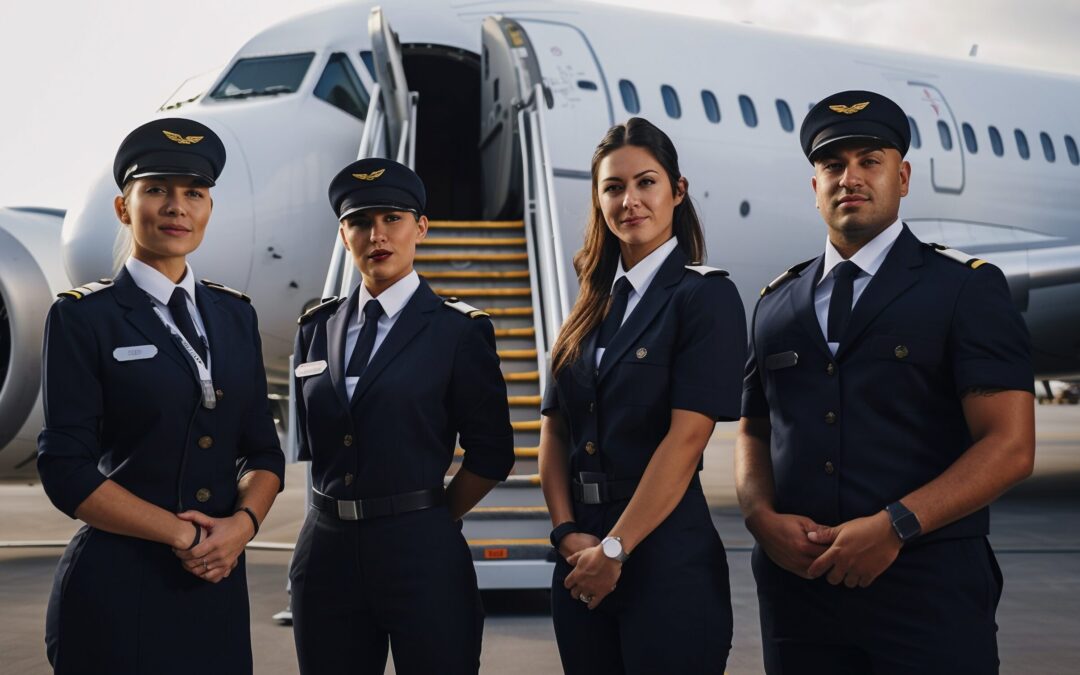Substance abuse treatment for aviation professionals, including pilots, flight attendants, air traffic controllers, and maintenance personnel, must be thorough, reliable, and flexible enough to cater to their unique work schedules and professional responsibilities. A comprehensive treatment plan for these professionals often involves the following steps:
- Assessment: The first step in treatment is to conduct a full assessment of the individual’s physical health, mental health, and substance use history. This can help healthcare professionals develop a treatment plan that addresses the individual’s specific needs.
- Detoxification: For individuals who are physically dependent on alcohol or drugs, the first stage of treatment may involve medical detoxification. This should be done under the supervision of a medical professional who can manage withdrawal symptoms and ensure the individual’s safety.
- Residential or Inpatient Treatment: After detox, the individual may transition to a residential or inpatient treatment program. These programs offer intensive treatment in a supportive environment, away from the stressors and triggers of everyday life. They usually involve individual therapy, group therapy, educational sessions about addiction, and other activities.
- Outpatient Treatment: For those who have completed an inpatient program, or for those whose addiction is less severe or who cannot leave their responsibilities for an extended period, outpatient treatment is an option. This allows individuals to live at home and continue working while attending treatment sessions.
- Therapies: A variety of therapies can be used in addiction treatment, including cognitive-behavioral therapy, motivational interviewing, family therapy, and more. These therapies can help individuals understand the root causes of their addiction, develop coping skills, repair relationships, and make positive changes in their lives.
- HIMS (Human Intervention Motivation Study) Program: For pilots specifically, the HIMS program is an industry-leading program in the United States. This program involves peers, airline management, and FAA medical certification professionals to help pilots get the necessary treatment and, when appropriate, return to the cockpit under careful medical supervision.
- Peer Support: Programs like Alcoholics Anonymous (AA) or Narcotics Anonymous (NA) can provide valuable support during and after formal treatment. These programs offer a community of individuals who understand the challenges of recovery and can provide encouragement, advice, and a sense of belonging.
- Aftercare and Maintenance: Ongoing support is crucial for maintaining recovery in the long term. This could involve regular check-ins with a therapist, attendance at support group meetings, or participation in a sober living community. For pilots, this may also involve ongoing monitoring by the FAA or another regulatory body.
- Privacy and Confidentiality: Given the potential professional implications, ensuring privacy and confidentiality is critical in treatment for aviation professionals. Many treatment programs offer guarantees of confidentiality to encourage those who need help to seek it.
It’s important to note that getting help is the most important step. If an aviation professional is dealing with addiction, they should not be afraid to seek assistance. These programs are designed to help them get the treatment they need while maintaining confidentiality and, when possible, helping them preserve their careers.
importance of privacy in addiction treatment for aviation professionals
Privacy and confidentiality are of utmost importance in addiction treatment for aviation professionals due to several reasons:
- Stigma: Despite efforts to normalize conversations around addiction, it’s often still associated with a social stigma. This can be particularly significant for aviation professionals who may feel pressure to maintain a certain image due to their high responsibility roles.
- Job Security: Aviation professionals may fear that their careers could be jeopardized if their struggle with addiction becomes publicly known. The assurance of privacy allows them to seek help without the immediate risk to their career.
- Licensing and Certification: Pilots and air traffic controllers require ongoing certification to do their jobs. Substance use disorders could impact these certifications. Confidential treatment allows these professionals to seek help and progress toward recovery, which may aid in maintaining their certifications.
- Encouragement to Seek Help: Guaranteeing privacy encourages aviation professionals to seek help when needed. Without assurances of confidentiality, they might avoid seeking help due to fear of exposure, which could result in worsened addiction and potential safety risks.
- Treatment Efficacy: Effective treatment often involves discussing deeply personal issues, which can be difficult to do without a guarantee of privacy. Confidentiality enables aviation professionals to fully engage in their treatment, enhancing its effectiveness.
- Legal Obligations: Most jurisdictions have laws that protect medical confidentiality. Treatment providers generally can’t share information about a patient’s treatment without their explicit consent, except in cases where there may be a direct threat to public safety.
It’s critical that aviation professionals know that they can seek help in a confidential, non-judgmental environment. Recovery is achievable, and many professionals have successfully returned to their careers after seeking help for substance use disorders. The ultimate goal is always the safety of both the professionals themselves and the passengers they serve.

